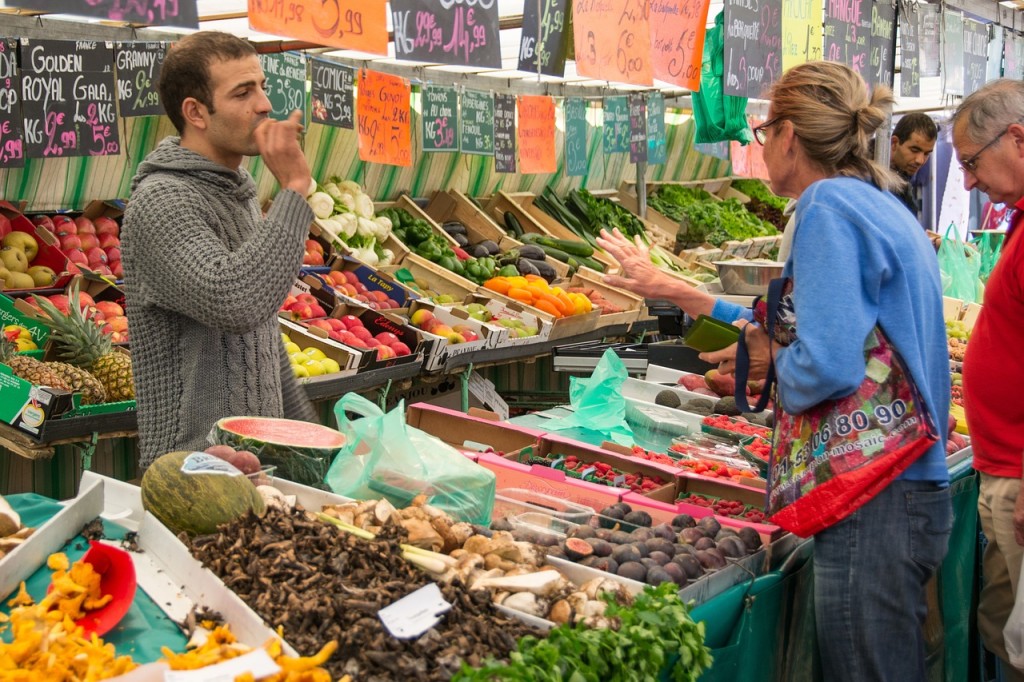Local
A con artist was telling the story about a Texas millionaire that he called from a boiler room from which he operated. The millionaire liked the sound of the investment opportunity but declined to participate. When the con artist pressed him for a reason he replied “Well son, I make it a rule not to do business with people that I am not seeing face to face” A further question got the reply “I cannot wring the neck of people that are out of reach when the investment deal goes sour” Local is coming back into fashion. We are becoming tired of deals that have gone sour that benefit people who are beyond our reach. Many companies thought they could obtain a better price by sourcing off shore. There are lots of want ads for quality professionals as a result these days. Unfortunately, quality cannot be inspected into a product after the fact. The people who deliberately omitted the gum strip in the tires that they made, knew that their loved ones were not in any danger. The tires were being shipped to the other side of the world. The danger was not visually apparent to the army of receiving inspectors. After the incident only the US distributors who were unaware of the deception got punished. Anyone who has experienced controlling a car after a tire blows out, will shy away from buying that same tire again. No, the answer is not in hiring more inspectors. In an interconnected society each participant is accountable. This is much more effective if they are local. We are seeing the pendulum swing back. The reshoring and locally grown produce movement are just examples of the consumer backlash.
This type of deception is not limited to manufactured products. Food products like milk are easy to adulterate. “Flavoring” agents like melamine can hide the fact that the milk has been diluted. We use melamine to make useful products such as marine plywood. Including these “flavoring” agents in products such as baby formula and dog food might be a match to Asian thinking. Local food suppliers are not likely include controversial ingredients in the foods that their own kids and pets might eat.
Transporting goods around the world is incredibly expensive. The US taxpayer foots a multi trillion dollar bill to support the naval presence needed to protect the container transport ships from pirates. This system was set up to subsidize the creation of unemployment in the US. I suspect that some recent innovations such as the creation of gasoline from natural gas, hydroponics, US cultivation of agricultural product like tea will make it possible for the US to adopt locally made on a much grander scale. It is interesting that peppers locally grown year round in hydroponic green houses are cheaper than those imported from offshore third world countries. I also suspect that they contain more of the nutrients when they are consumed by the purchaser. The lean movement will flush out the senseless inefficiencies like trying to inspect in quality. I happen to be in favor of re-educating convicts to become contributing members of society. At the same time I also believe that the local users are in a better position to insure that they are assigned production tasks that match their trustworthiness. A low selling price for goods made at a distance could be just a disguise for dumping of substandard convict manufactured goods on unsuspecting buyers.
A new stability is emerging. In the post industrial age we will employ global know how on a local stage. Knowing the other players in your circle will increase the satisfaction that has been lost in a currently faceless society.



